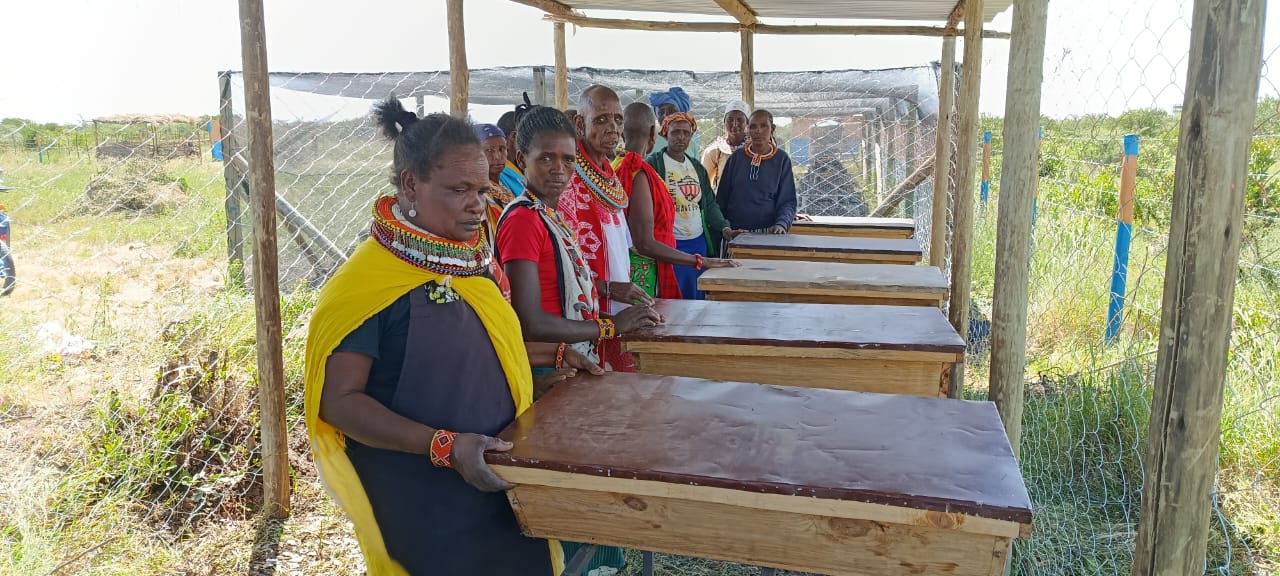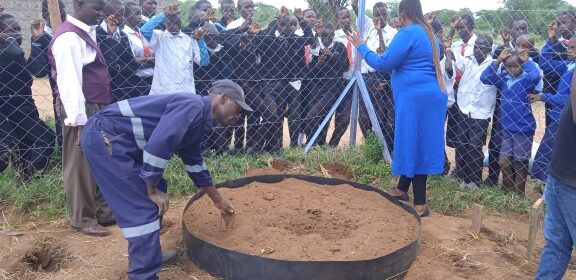

In Kajiado County, schools are embracing an innovative solution to food security, environmental sustainability, and student empowerment—kitchen gardens. Thanks to Agri Drip Africa, in partnership with IDEAL Africa Initiative and Light Up Hope NGOs, over 60 schools have established more than 2,000 kitchen gardens under the WEZESHA School Feeding Program.
These small but impactful gardens are doing more than just providing fresh produce; they are shaping the future of sustainable agriculture and nurturing young minds. Here’s how:
Kitchen gardens supplement school feeding programs by supplying fresh, organic fruits and vegetables. This reduces food costs while ensuring students receive nutritious meals free from harmful pesticides.
By growing their own food, schools cut down on the need for long-distance transportation of produce, reducing carbon emissions and promoting eco-friendly food production.
Gardening isn’t just about food—it’s also a therapeutic activity. Engaging with nature, watching crops grow, and being part of the food production process can significantly reduce stress and boost students’ morale.
Students learn firsthand about the benefits of fresh produce, encouraging them to make healthier food choices. The direct connection with their food fosters a deeper appreciation for nutrition and organic farming.
By growing their own fruits and vegetables, schools save money that would otherwise be spent on store-bought produce. Some schools may even generate income by selling surplus harvests.
Kitchen gardens create a sense of togetherness, allowing students to work as a team while also engaging with the wider community. Schools can donate excess produce to local food banks or participate in community gardening initiatives.
Introducing agriculture at a young age equips students with valuable skills in sustainable farming, preparing them for future opportunities in agribusiness and environmental stewardship.
Beyond just growing food, these gardens instill a culture of self-reliance, where schools take an active role in their own food production rather than solely relying on external supplies.
Agri Drip Africa and its partners believe in the power of experiential learning. By teaching children sustainable farming practices early on, they are nurturing future climate change ambassadors. These young learners will grow up with a deep understanding of environmental conservation, food security, and the importance of sustainable agriculture.
The impact of the WEZESHA program is evident—not just in the thriving gardens, but in the smiles of students who take pride in growing their own food. Through these school kitchen gardens, Kajiado County is taking a bold step toward a healthier, greener, and more self-sufficient future.
Would you like to see more schools adopt kitchen gardens? Share your thoughts in the comments! 🌱💚
Leave Comments